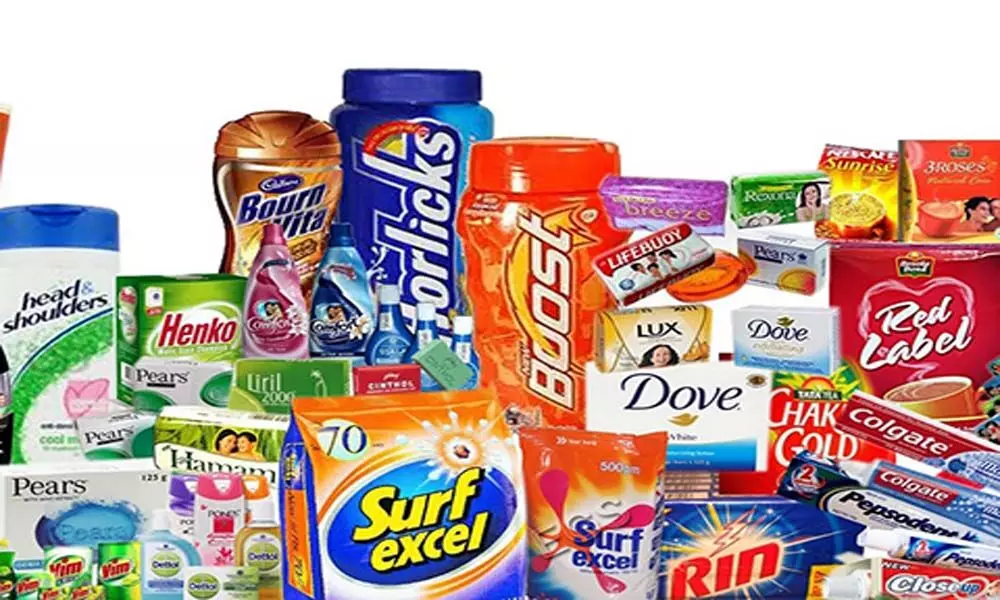Falling input costs boost for FMCG biz
Drop in palm oil prices augurs well for FMCG cos' bottom line
image for illustrative purpose

FAST-MOVING consumer goods (FMCG) firms are likely to get some respite from the relentless hike in the key input prices in recent times.
Fall in prices of palm oil, which is a key ingredient in production of various food products and soaps among others, is likely to deepen further in coming days, experts tracking the sector said.
"More correction in the prices of palm oil is likely as both India and Indonesia take steps (for reducing the prices). Biggest beneficiaries of such reduction in prices will be companies such as Godrej consumer, Hindustan Unilever. Also, companies like Nestle and Britannia will stand to benefit," said Abneesh Roy, executive vice-president- institutional equities at Edelweiss Securities.
To bring relief to the people from high palm oil prices, the Centre has reduced the customs duty on crude palm oil from 35.75 per cent to 30.25 per cent. Similarly, custom duty on refined palm oil has been reduced from 49.5 per cent from 41.25 per cent.
Similarly, one of the major producers of palm oil Indonesia is planning to cut ceiling rate for crude palm oil levies (CPO) from present $255 to $175 per tonne after criticism from stakeholders. FMCG firms have been reeling under price hikes of key inputs in recent time. Prices of wheat flour, milk, and edible oil are on an upward trajectory, prompting FMCG majors to raise the prices of their products to offset such hike.
Firms like Nestle India, Hindustan Unilever Limited (HUL), Colgate Palmolive India, Emami, Tata Consumer Products, Wipro Consumer Care, Marico, ITC have already increased prices in the range of 5-12 per cent in recent months.
In this perspective, likely fall in palm oil prices may cap any further price hike by FMCG firms in the near future.
After a devastating second wave of the pandemic, Indian policy makers are pinning their hopes in rural consumption for revival of Indian economy.
Therefore, any price hike by FMCG firms will be inflationary, which has the potential to hurt rural recovery.
Currently, healthy progress of monsoon, crop sowing, and unlocking of rural regions are seen as bright spots in the recovery of rural consumption.
As rural sales account for around 35-40 per cent of the total sales of leading FMCG firms, any rise in prices will have negative impact on consumption.

